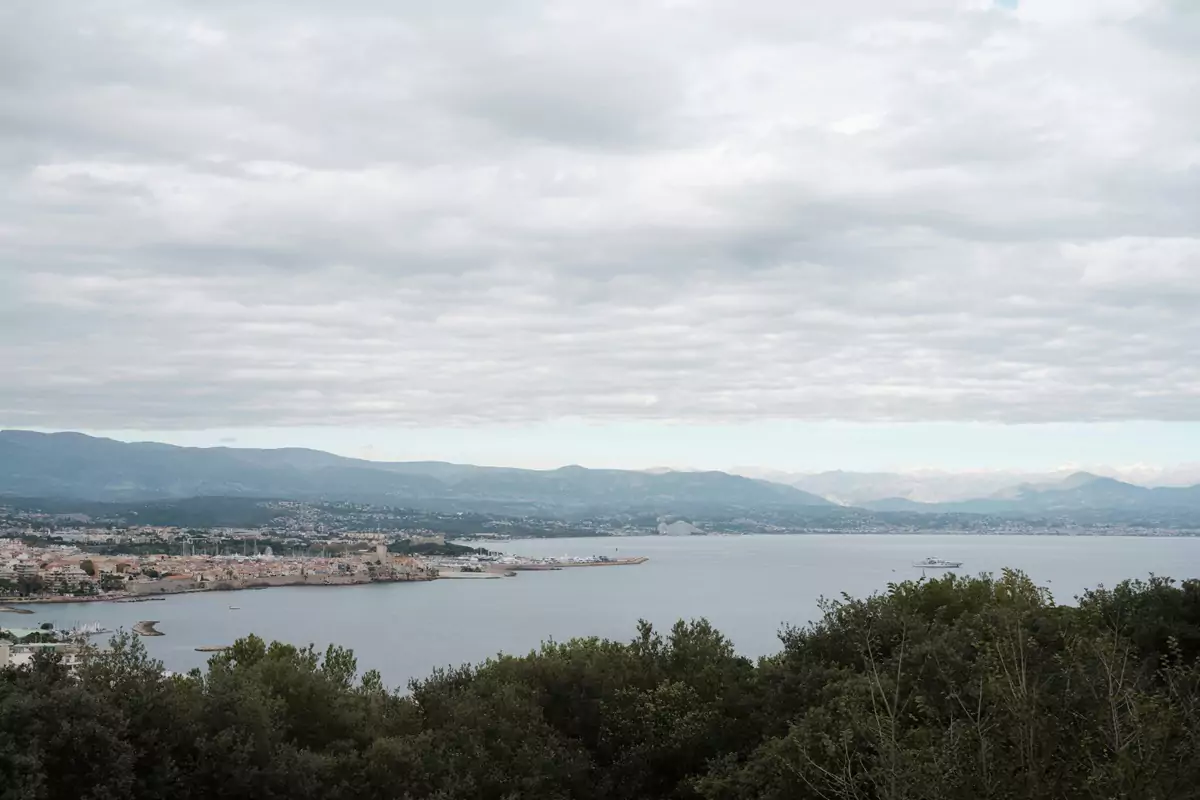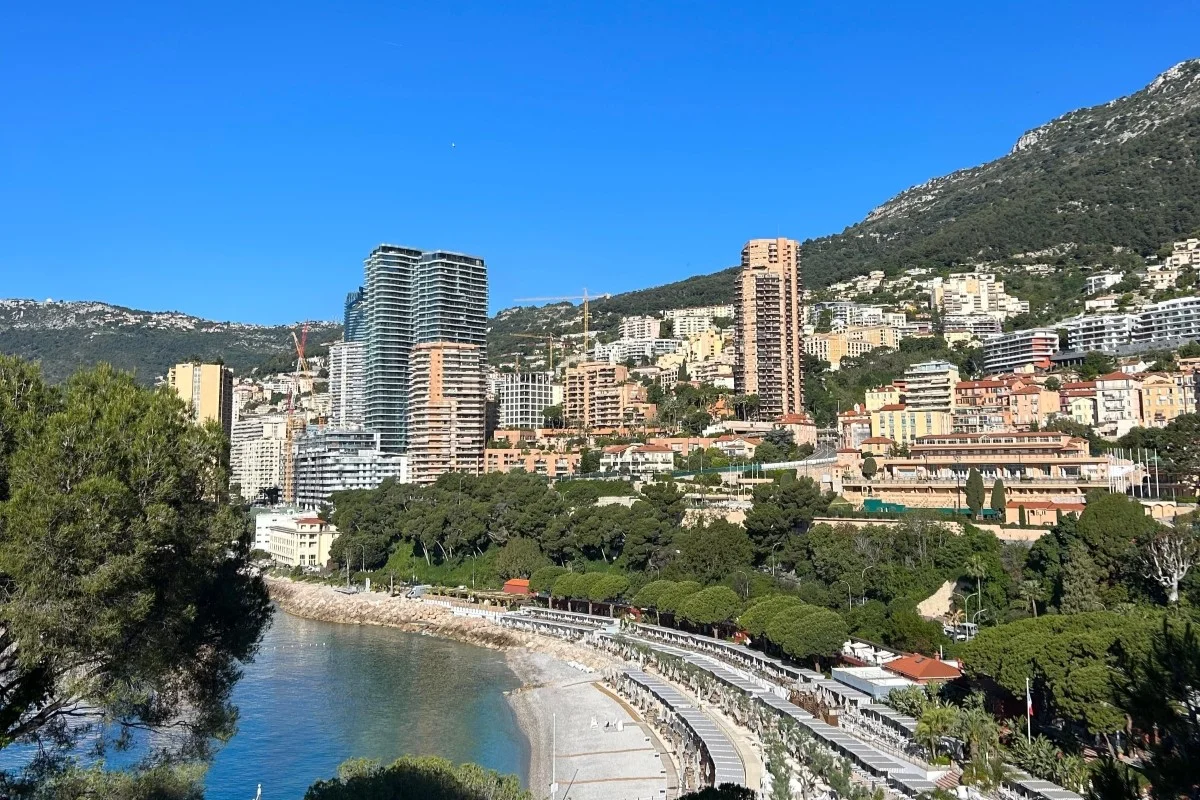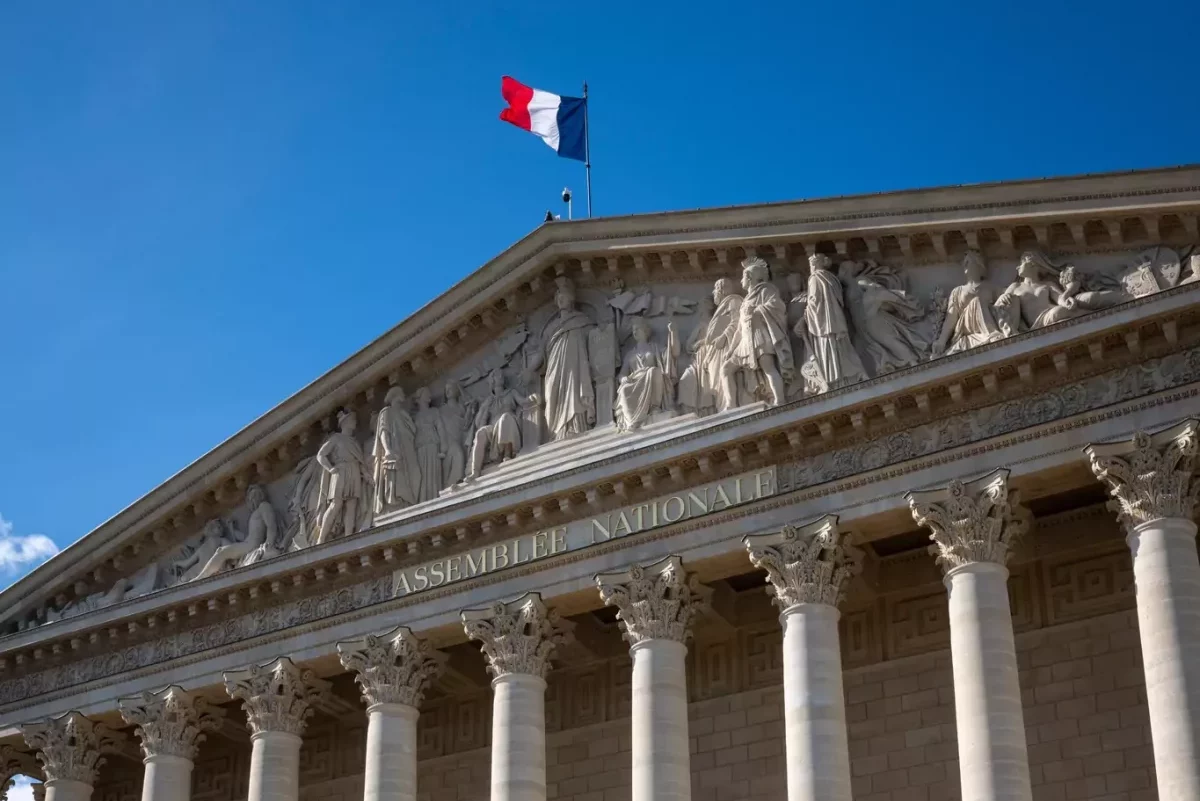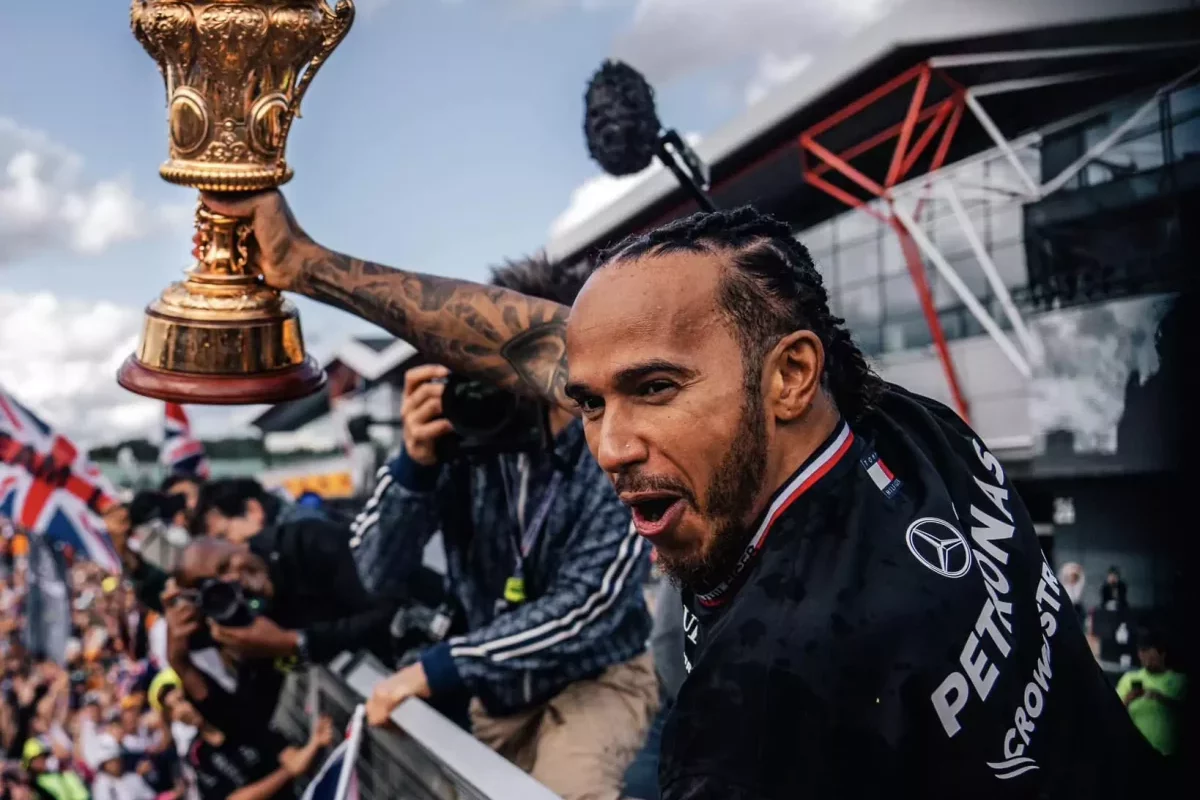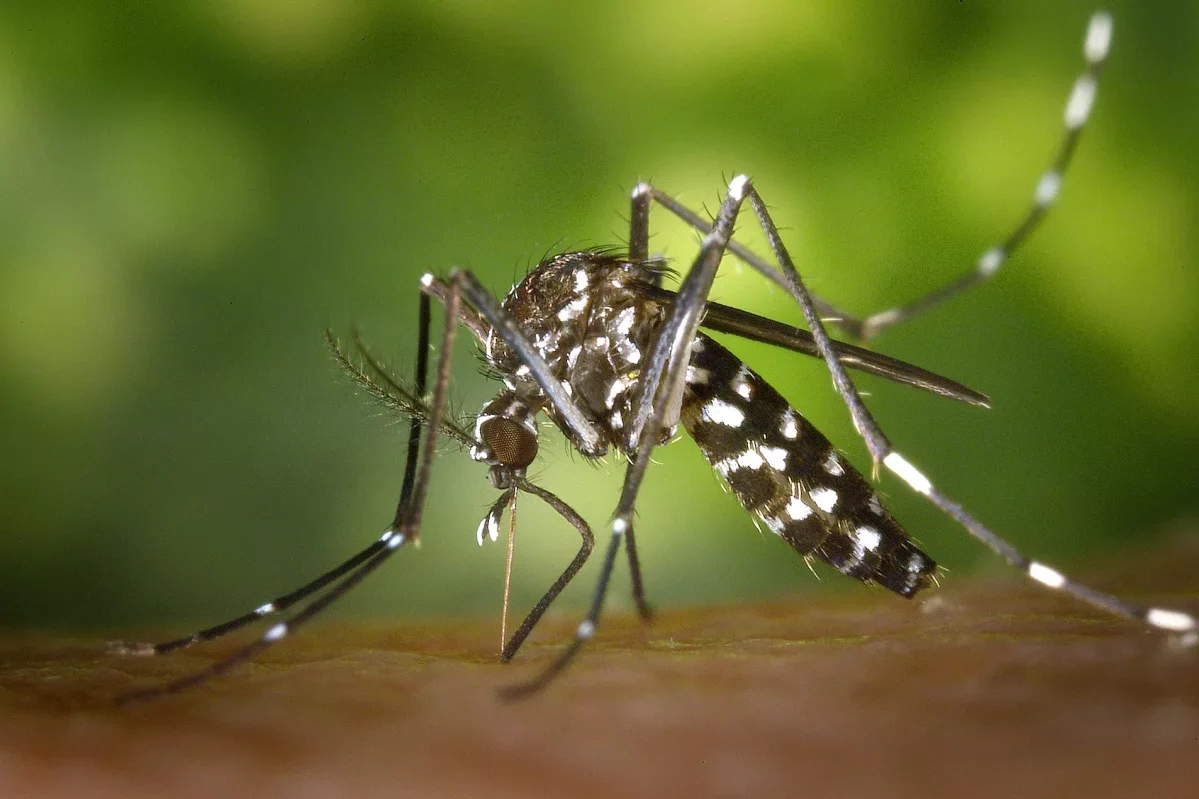An alliance of parties on France’s left wing, including the Socialists, the Communists, France Unbowed and the Greens, has emerged as the surprise winner of the snap elections called by French President Emmanuel Macron in June, with the New Popular Front claiming 182 seats in the National Assembly.
The unexpected left-wing alliance, which still isn’t even a month old, has successfully stopped the far-right National Rally from gaining power.
Despite its dominance in the first round of elections, where the far-right party gained 33% of the votes, the National Rally was scuppered in the second round by those on the left and centre, who called on voters to engage in tactical voting in a bid to keep the party out.
And it would seem that many voters heeded this advice when they headed to the polls on Sunday 7th July.
National results
The New Popular Front, a blend of the Greens, the left and the far-left, received 31.5% of the vote, or 182 seats. This is over 100 seats short of the number needed for an absolute majority of 289.
In second was the Together alliance assembled by Macron, with 168 seats, or 29% of the vote.
Then came the National Rally and its allies, with 143 seats, which equates to almost 25% of the vote. The far-right party may not have achieved the victory it had been hoping for, but this is still a record share for party that began as the Front National under Jean-Marie Le Pen in 1972.
What happens now?
With no majority power, the result of the snap elections called by Macron back in June is a hung parliament featuring three core blocs of parties and alliances that have entirely different motivations and no real history of cross-party collaboration.
Coalitions are somewhat uncommon in France, with the last real example occurring during the Fourth French Republic, which lasted between 1946 and 1958, but there are left and centrist voices now in 2024 that say a meeting of the two sides of the triangle could resolve the hung parliament issue. Among those is Édouard Philippe, Macron’s former prime minister.
It still seems unlikely, however, with many centrist politicians unwilling to work with the New Popular Front on the basis of its heavy weighting of La France Insoumise (France Unbowed), the far-left party led by Jean-Luc Mélenchon.
Another potential coalition could be formed between Macron’s Together alliance, the Parti Socialiste, Les Verts and a handful of other smaller groups. The chances of this coalition being able to gather the necessary numbers to gain the required majority are, however, slim.
One thing can be sure: the National Rally and its allies on the right side of French politics will not be able to form a coalition and become the majority power in parliament. Their combined numbers are still too small in the face of those to the left.
Macron is now facing demands for the next prime minister to be chosen from figures in the New Popular Front following Gabriel Attal’s announcement on Monday that he will be resigning from the role.
Another of Macron’s old allies, François Bayrou, has been quoted in the press as saying that the “days of an absolute majority are over”, adding that it would be up to “everyone to sit at a table, and accept their responsibilities”.
Under French law, no new elections can be called for within the next year, so some form of resolution – or compromise and cooperation – will be essential if the country is to forward. How soon that will come remains to be seen.
Read related:
France: Political parties scramble to form alliances and block the far-right from power
Monaco Life is produced by real multi-media journalists writing original content. See more in our free newsletter, follow our Podcasts on Spotify, and check us out on Threads, Facebook, Instagram, LinkedIn and Tik Tok.
Photo via Assemblée Nationale, Facebook


